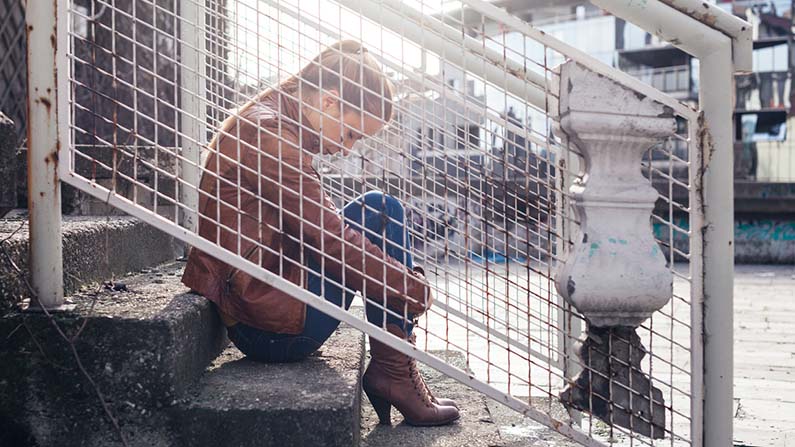If you have experienced abuse or another tragic event that left you feeling helpless and out of control, then you may have been traumatized. Psychological trauma can leave you struggling with emotions, upsetting memories, and anxiety that will not easily go away. When bad things happen to you, it can take time to feel safe again.
What is Psychological Trauma?
Psychological trauma may occur when a person goes through an extraordinarily stressful experience (like a threat to life or safety) that shatters their sense of security and makes them feel helpless. Every individual reacts to trauma in their own way, and there is no right or wrong way to respond to abuse and tragedy.
Healing from Trauma
It may take trauma symptoms a few days, months, or years to fade. Also, it is reasonable, even once you are feeling better, to experience painful memories and emotions from time to time. This can be especially true when you are exposed to triggers or something that reminds you of the trauma.
If your trauma symptoms do not get better, or if they become even worse, and you find that you cannot move on from the event, then you may be experiencing Post-Traumatic Stress Disorder (PTSD). Although psychological trauma is a normal response to abuse and tragedy, it becomes PTSD when your nervous system gets stuck in a state of shock, forcing survivors to cope with the loss of a sense of safety. And, the usual reaction to this loss is grief.
The following tips can help you cope with the sense of loss, recover from abuse and tragedy, and move on with your life.
Trauma Recovery Tip 1: Get Moving
Trauma disrupts your body’s nervous system by freezing it in a state of hyperarousal and fear. Luckily, exercise can help to repair your nervous system.
On most days of the week, try to exercise for 30 minutes or more. An exercise that is rhythmic and engages both your arms and legs—such as walking, running, swimming, basketball, or even dancing—works best, especially if you add a mindfulness element.
Tip 2: Do Not Isolate
After experiencing trauma like abuse or tragedy, you may want to withdraw from others, but isolation only makes things worse. It can help you heal to connect with others face to face, so make an effort to maintain your healthy relationships or make new ones. You do not have to talk about the trauma. The comfort comes from having someone by your side to share your feelings with who will listen without judging you.
Joining a support group for trauma survivors can help you connect with other people recovering from abuse and tragedy. Not only can connecting with others reduce your feelings of isolation, but it may also inspire you in your own recovery to hear how others cope.
Tip 3: Self-Regulate Your Nervous System
To engender a greater sense of control, remember that you can calm yourself no matter how agitated or anxious you feel. So, here are some evidence-based psychological strategies for you to try if you are beginning to feel anxious or out of control:
- Mindful breathing: Mindful breathing is a quick way to calm yourself if you are feeling disoriented, confused, or upset. To practice mindful breathing, simply take 60 breaths, focusing your attention on each time you exhale.
- Sensory input: If a specific sight or smell quickly makes you feel calm or petting an animal quickly soothes you, then use it as a quick stress relief technique.
When to Seek Professional Help for Trauma
Although everyone recovers from abuse and trauma at their own pace, if months have passed and your symptoms are not letting up, you may need professional help from a trauma expert.
You should seek professional help to recover from abuse and tragedy if you are:
- Unable to function at home or work
- Unable to trust others
- Suffering from anxiety or depression
- Avoiding people, places, and things that remind you of the abuse or tragedy
- Experiencing terrifying memories, nightmares, or flashbacks
- Using drugs or alcohol to feel better
It can be scary and painful to work through trauma, so it is best to undertake this healing process with the help of an experienced trauma specialist. Although it is imperative to have a therapist who has experience with treating trauma, it is equally important to have a trauma specialist you feel comfortable with. If you do not feel safe, understood, or respected, find another therapist.
Treatment for Abuse and Tragedy
To recover from abuse and tragedy, you will need to resolve unpleasant feelings and memories that you have long avoided and learn to cope with strong emotions. To do this, a trauma specialist may use a variety of different therapy approaches in your treatment such as somatic experiencing, cognitive-behavioral therapy, and Eye Movement Desensitization and Reprocessing (EMDR).

